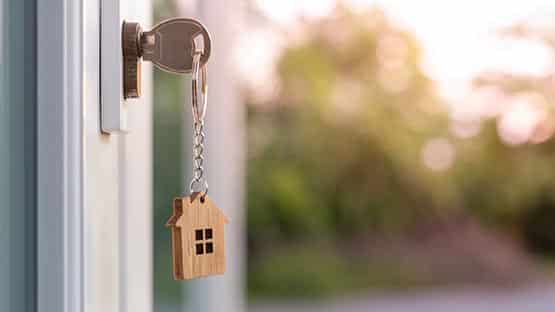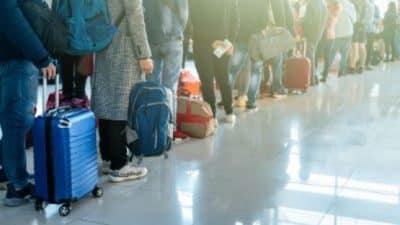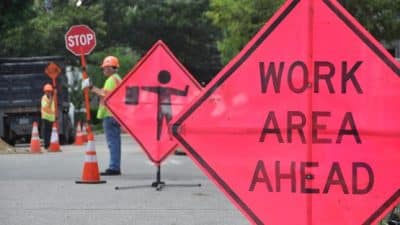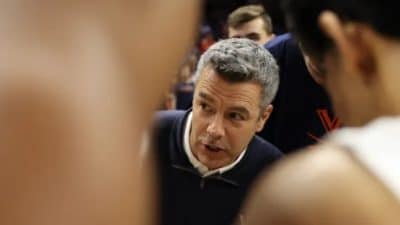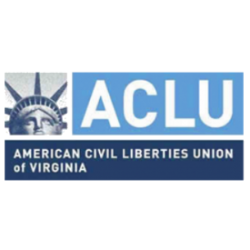
In a comprehensive, 91-page report released today, the ACLU of Virginia outlined the reasons women are experiencing disparate levels of entanglement with the criminal justice system, as well as unique challenges women encounter when attempting to re-enter their communities, and offered a thorough set of policy and legislative solutions.
Between June 30, 2000 and June 30, 2014, the average daily population of adult women incarcerated in jails across the U.S. increased by 55 percent, from approximately 70,400 women inmates in 2000 to 108,800 women inmates in 2014, according to the report. The population of adult men incarcerated in jails across the U.S. increased by just 16 percent during the same time period, from approximately 543,100 men inmates in 2000 to 631,600 men inmates in 2014.
“This dramatic, disparate impact affects tens of thousands of women, their families, and their communities every year and for the rest of their lives,” said Claire Guthrie Gastañaga. “Women often commit crimes initially because of their economic situations, and pay for those mistakes by way of an endless series of collateral consequences that begin with incarceration and ultimately deny them access employment, housing opportunities and other basic needs forever.”
Women incarcerated in the U.S. tend to be young, unmarried, plagued by poverty, and lacking in education and job skills. More than half of all women in U.S. prisons, and 80 percent of all women in jails, are mothers. Most were the sole or primary caregiver to young children before their incarceration.
Three of the four primary crimes for which women are incarcerated in Virginia – drug possession and distribution, larceny, and shoplifting – are often economically motivated and committed to support drug dependencies. These offenses are typically a consequence of circumstances – lack of access to employment, family stability, drug treatment, and protection from sexual and physical abuse.
The report calls on elected Commonwealth’s attorneys, judges and other key stakeholders in the criminal justice system to take note and use their discretion to affect immediate change. It also recommends that Gov. Ralph Northam or the Virginia General Assembly convene a committee, task force or work group to conduct a comprehensive study of women’s pathways into the criminal justice system.
Advocates for incarcerated women hailed the report’s findings and recommendations.
“Women need to be able to take care of themselves properly. They need to be able to have a stable mind. They need to be able to function back into society,” said Angela Antoine, a formerly incarcerated person and the founder/CEO of the House of Dreams Oureach & Re-Entry, LLC, in Hampton. “The need to be able to go back home to their children and be a mother and be productive in society, so that the circle doesn’t continue.”
“When a person comes out of this system, you don’t want them to feel less than anyone else,” said Kemba Smith, a formerly incarcerated person, advocate, and author of “Poster Child: The Kemba Smith Story.” “You want them to feel like they are able to make a contribution, able to have a voice in the political process and in the community.”



